Programmatic Goals, Strategy, and Fundraising (2024-2029)
Introduction
The Nuclear Innovation Bootcamp (NIB) has been a pioneering initiative since 2016, nurturing talented young professionals and students interested in the advanced nuclear energy sector. As we move forward, NIB aims to evolve and expand its impact in the field. This detailed report outlines the programmatic goals, strategies, and fundraising plans for the period 2024 to 2029.
Programmatic Goals
Strengthening Innovation Education and Increasing Diversity:
Develop and refine a curriculum that aligns with the latest advancements in nuclear energy.
Integrate cutting-edge technologies and emerging concepts in the energy sector into the program
Enhance diversity in the participant pool by actively reaching out to underrepresented groups and offering scholarships to applicants from diverse backgrounds.
Expanding Engagement with Broader Communities and Industries:
Establish partnerships with industry-leading companies and research institutions to provide participants with real-world exposure.
As a part of Bootcamp, organize regional workshops and seminars to engage with local communities and build awareness about nuclear energy's potential and safety measures.
Collaborate with international organizations to foster global connections and share best practices.
Recruiting Talent from Underrepresented Disciplines, Backgrounds, and Professions:
Develop targeted outreach programs to attract participants from disciplines beyond nuclear engineering, such as environmental sciences, policy, and social sciences.
Provide mentorship opportunities and networking events to encourage sustained engagement within the nuclear energy sector.
Create a financial support system that promotes the integration and retention of talent from diverse backgrounds.
Strategy
Curriculum Enhancement and Innovation:
Conduct regular reviews of the program's curriculum to ensure it reflects the latest advancements and emerging challenges in the nuclear energy field.
Collaborate with industry experts and academic institutions to introduce specialized modules on nuclear safety, waste management, and non-proliferation.
Emphasize practical training and hands-on experiences through field visits, simulations, and research projects.
Outreach and Community Engagement:
Establish a dedicated outreach team to actively engage with educational institutions and industry partners to promote NIB.
Organize webinars, workshops, and information sessions across diverse regions to attract a broader applicant pool.
Partner with non-profit organizations and advocacy groups to reach out to underrepresented communities and promote diversity in the program.
Mentorship and Alumni Support:
Establish a formal mentorship program that pairs participants with experienced professionals in the nuclear energy sector.
Foster an active alumni network that offers ongoing support, networking opportunities, and professional development resources.
Leverage the success stories of past participants to showcase the value of the NIB experience and attract new applicants.
Fundraising
Corporate Sponsorships and Partnerships:
Seek strategic partnerships with leading companies in the energy sector that share a commitment to fostering innovation and diversity.
Offer customized sponsorship packages that provide visibility and recognition to supporting organizations.
Engage in collaborative research projects with corporate partners, creating mutually beneficial relationships.
Grants and Research Funding:
Apply for grants focused on advancing clean energy technologies and career development.
Demonstrate the program's impact and potential contributions to the nuclear energy sector to secure funding from these sources.
Alumni and Donor Contributions:
Cultivate relationships with NIB alumni and encourage them to contribute as donors, mentors, or ambassadors of the program.
Establish a structured giving program that allows donors to support specific aspects of the program they are passionate about.
Organize fundraising events and campaigns to engage the wider community in supporting NIB's mission.
Conclusion
Nuclear Innovation Bootcamp's commitment to innovation education, diversity, and community engagement will drive its success as a recruitment pipeline for talented young professionals in the advanced nuclear energy sector. By executing the outlined programmatic goals, strategies, and fundraising initiatives, NIB will continue to play a pivotal role in shaping the future of nuclear energy while fostering a diverse and dynamic workforce.
